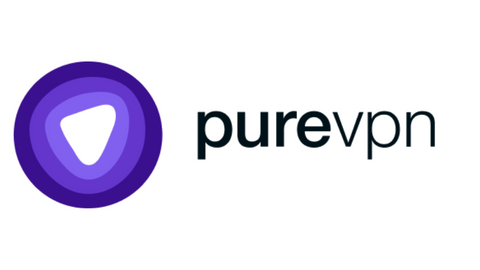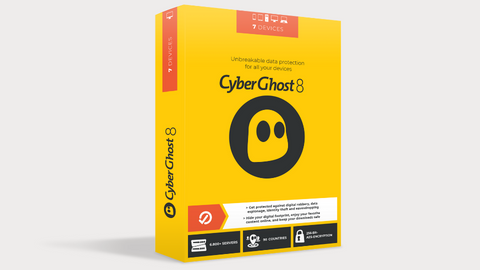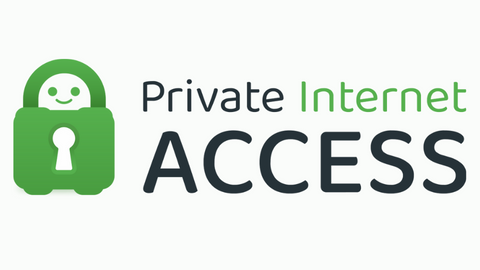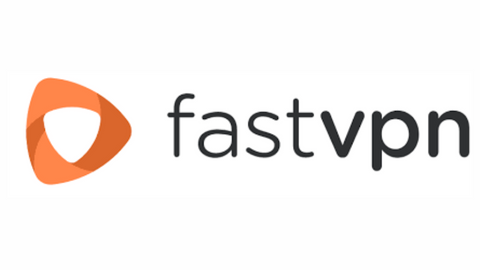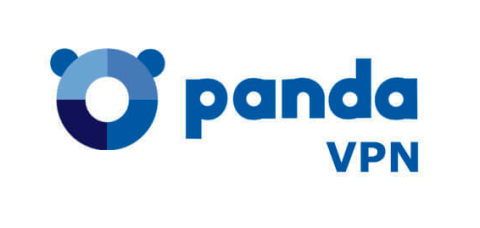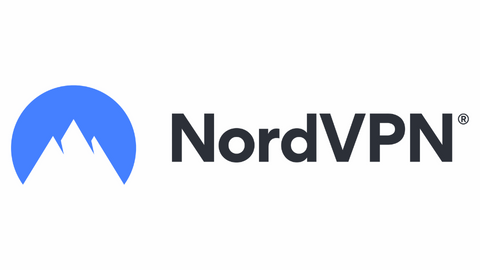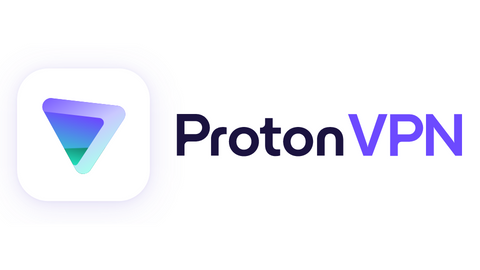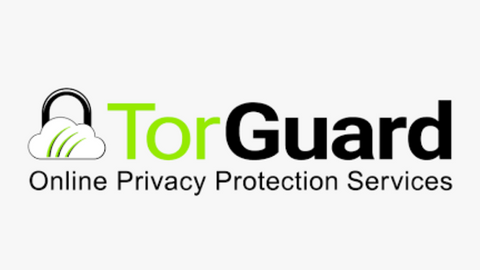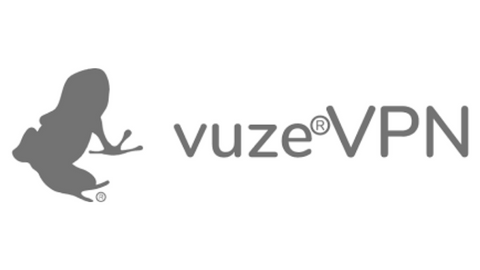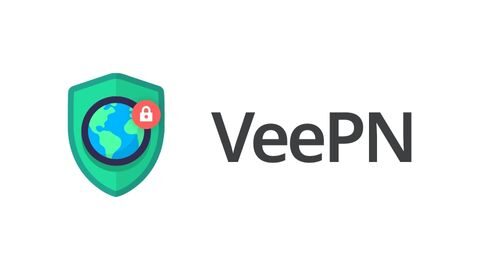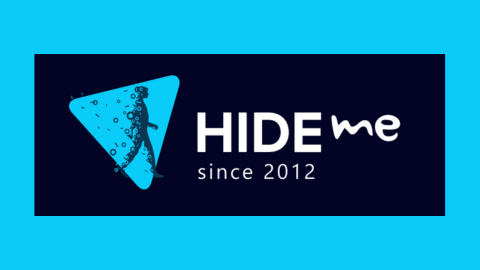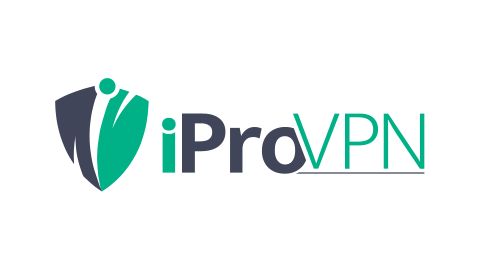Table of Contents
Things to Know Before Your Child Signs up a Social Media Account
One of the most important factors in keeping your children safe online is your own awareness. If you sense that your child is at risk of being victimized or exploited, you should take certain steps to keep them safe. According to the National Center for Missing & Exploited Children, reports of online exploitation have increased by 97% since 2019. First, it’s quite important to determine if your child really wants an account. Be sure if they are just getting curious about exploring social media, or perhaps they’re saying they are just interested in “checking something out,” then you’ve got to be extremely careful you respond tactfully as they may not be actually ready to log into an account just for the fun of it. Moreover, they may not know the safety rules, nor understand some hidden facts which might be too much for their level. Psychological research shows that children under age 13 often lack the cognitive development to navigate social media’s complexities safely. Their prefrontal cortex, responsible for impulse control and risk assessment, isn’t fully developed until their mid-20s. Nonetheless, if you insist you want them to own an account, you can discuss the guidelines and safety rules with them, and help them create the account that’s safe and appropriate for them. Consider creating a family social media contract that outlines rules and consequences. Note: If they are younger than 13, of course, you can’t possibly force them to sign up for a social media account that is not appropriate for them to use. The Children’s Online Privacy Protection Act (COPPA) prohibits websites from collecting data from children under 13 without parental consent. Second, choose a social media platform that’s right for your child. You can find the right platform for them by looking at the kinds of people they want to make as friends, and the kinds of content they’ll likely want to see regularly. We’ll explore specific kid-friendly platforms later in this guide.
Safety Tips For keeping Your Children Safe Online
Factually, some children can be naturally creative: often original thinkers and fast learners. This can make them brilliant social engineers. Moreso, some of them can be rather curious and interactive by nature as well; hence, there could be a constant urge in them to explore things in order to learn about them. Unfortunately, this can expose them to a high level of risk online. If your child is permitted to frequently interact with strangers online, they risk being tricked or influenced negatively. They also risk sharing personal information with people they don’t know as a result of being tricked. A 2023 study found that 39% of children have shared personal information online with strangers (Journal of Cybersecurity). Well, you can help keep your kids safe online by talking to them about online safety in general, and also by trying out the following tips:Set a good example
Children imitate their parents as examples they follow. If your child always sees you logging into various accounts, or you’re constantly engaging with other people online, they are likely to follow suit. Research from the University of Washington shows that children mirror their parents’ digital habits 78% of the time. However, if you log into social media only sometimes when you’re at home, or when they’re in their room, they may think it’s not something to be very much concerned about, and won’t likely think too much about it in any case. Consider implementing “device-free hours” where the whole family disconnects together.Keep your child’s social media account password secure
This is an extremely important safety rule for any online account. Your child’s password could be a combination of their own name, a favorite color, and a number: simple, easy to remember, but secure. Better yet, use a password manager to generate and store complex passwords. Make sure to change their password regularly (every 3-6 months), and to never share it with anyone! The 2023 Verizon Data Breach Report found that 81% of hacking-related breaches used either stolen or weak passwords. READ ALSO: How To Use A VPN To Keep Your Children Safe OnlineLimit the amount of time your child uses on social media and online in general
Just as social media can be a great source of information and connection, it can also be a vehicle for cyberbullying and all sorts of vices. You don’t want your child’s social media account to become an agent of trouble for them, nor to be the only means of reaching out to their friends or classmates. The American Academy of Pediatrics recommends:- Ages 2-5: 1 hour per day maximum
- Ages 6-12: 2 hours per day maximum
- Teens: Consistent limits based on individual needs
Enable Privacy Settings
Make sure your child’s social media account is set to private. Many social media platforms are set up so that only those who you give permission to see your certain posts or messages alone can. This is especially important if your child constantly connects with random strangers online. Here’s how to set accounts to private on major platforms:| Platform | Steps to Set Private |
|---|---|
| Settings > Privacy > Account Privacy > Private Account | |
| Settings > Privacy > Limit Past Posts | |
| TikTok | Settings > Privacy > Private Account |
| Snapchat | Settings > Who Can > Contact Me > My Friends |
Monitor Friend/Follower Lists
Regularly review who your child is connecting with online. A good rule of thumb: if they wouldn’t be comfortable introducing the person to you in real life, they shouldn’t be connected online. Set a monthly “friend audit” where you review connections together.Teach Critical Thinking About Content
Help your child understand that not everything they see online is true or beneficial. The Stanford History Education Group found that 82% of middle schoolers couldn’t distinguish between real news and sponsored content. Teach them to:- Question sensational headlines
- Check multiple sources
- Look for verified accounts
- Recognize photoshopping/filters
Safety Tips For Parents
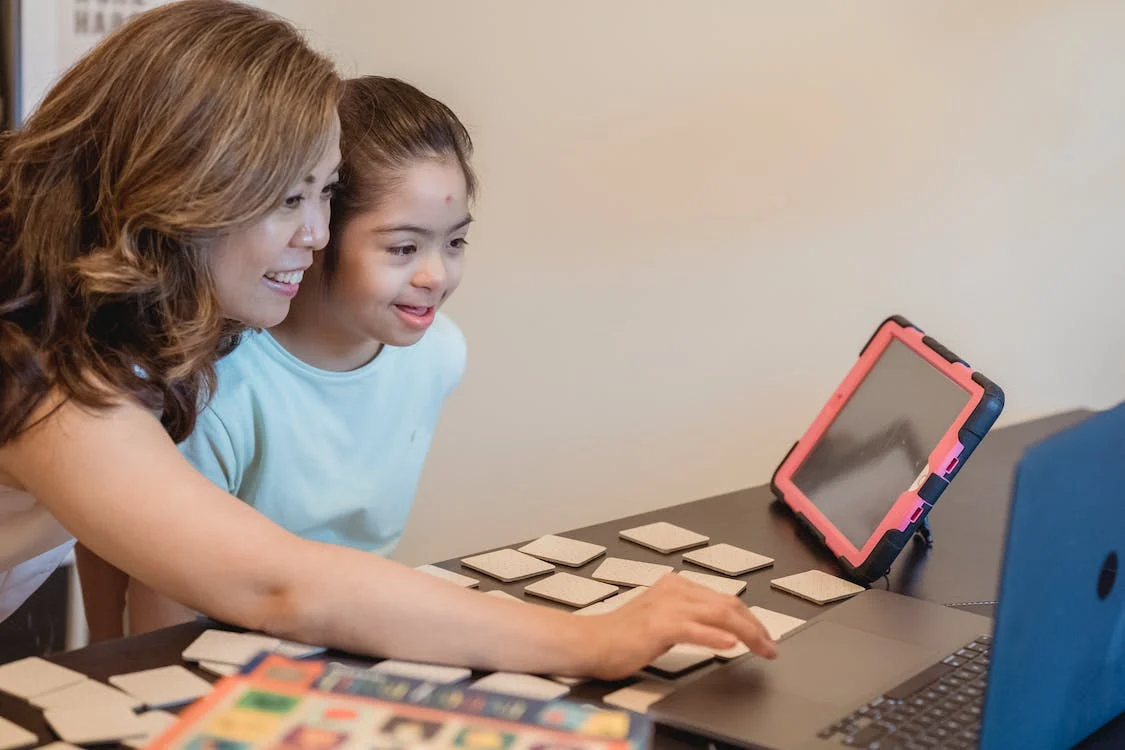 It’s particularly important that as a parent you know how social media affects your children. Take your time to get to know about the actual platform of interest; the people they interact with, and the types of posts and comments they get themselves occupied with in general. A 2023 study showed that parents who actively monitor social media reduce risky behavior by 72%. If you aren’t very sure of how your children are using social media, or you don’t know the kinds of people they are interacting with, then it can be rather difficult to keep them safe. Consider these monitoring strategies:
It’s particularly important that as a parent you know how social media affects your children. Take your time to get to know about the actual platform of interest; the people they interact with, and the types of posts and comments they get themselves occupied with in general. A 2023 study showed that parents who actively monitor social media reduce risky behavior by 72%. If you aren’t very sure of how your children are using social media, or you don’t know the kinds of people they are interacting with, then it can be rather difficult to keep them safe. Consider these monitoring strategies:- Follow or friend your child on platforms (with their knowledge)
- Have regular check-ins about their online experiences
- Use parental control apps likePureVPNPureVPN is one of the best VPN service providers with presence across 150 countries in the world. An industry VPN leader...Show MorePureVPN is one of the best VPN service providers with presence across 150 countries in the world. An industry VPN leader with more than 6,500 optimized VPN servers. Show LessCyberGhost VPNTunnelBear VPNPrivate Internet AccessPrivate Internet Access uses world-class next-gen servers for a secure and reliable VPN connection, any day, anywhere.Private Internet Access uses world-class next-gen servers for a secure and reliable VPN connection, any day, anywhere. Show LessFastVPN (fka Namecheap VPN)Panda SecurityPanda VPN is a fast, secure VPN service facilitated by Panda Security. It has more than 1,000 servers in 20+ countries.Panda VPN is a fast, secure VPN service facilitated by Panda Security. It has more than 1,000 servers in 20+ countries. Show LessNordVPNThe best VPN service for total safety and freedom.The best VPN service for total safety and freedom. Show LessProtonVPNA swiss VPN service that goes the extra mile to balance speed with privacy protection.A swiss VPN service that goes the extra mile to balance speed with privacy protection. Show LessExpressVPNA dependable VPN service that works on all devices and platforms.A dependable VPN service that works on all devices and platforms. Show LessTorGuard VPNThe best VPN service for torrenting safely and anonymously.The best VPN service for torrenting safely and anonymously. Show LessVuzeVPNVuzeVPN offers you unlimited and unrestricted VPN service.VuzeVPN offers you unlimited and unrestricted VPN service. Show LessHideMe VPNHideMe VPN is your ultimate online privacy solution, providing secure and anonymous browsing while protecting your data...Show MoreHideMe VPN is your ultimate online privacy solution, providing secure and anonymous browsing while protecting your data from prying eyes, so you can browse the internet with confidence and freedom. Show LessHideMyName VPNProtect your online privacy and anonymity with HideMyName VPN, a secure and affordable service that offers robust...Show MoreProtect your online privacy and anonymity with HideMyName VPN, a secure and affordable service that offers robust encryption, multiple server locations, and a variety of privacy-enhancing features. Show Less
- Keep devices in common areas, not bedrooms
Recognizing Warning Signs
Be alert for these red flags that may indicate online risks:- Secretive behavior about online activities
- New gifts or money from unknown sources
- Withdrawal from family/friends
- Emotional distress after being online
- Using multiple or secret accounts
Creating a Family Media Plan
The American Academy of Pediatrics recommends creating a customized Family Media Plan that includes:- Screen-free zones (bedrooms, meals)
- Screen-free times (before bed, during homework)
- Device curfews
- Content guidelines
- Consequences for breaking rules
Best Social Media Platforms For Kids
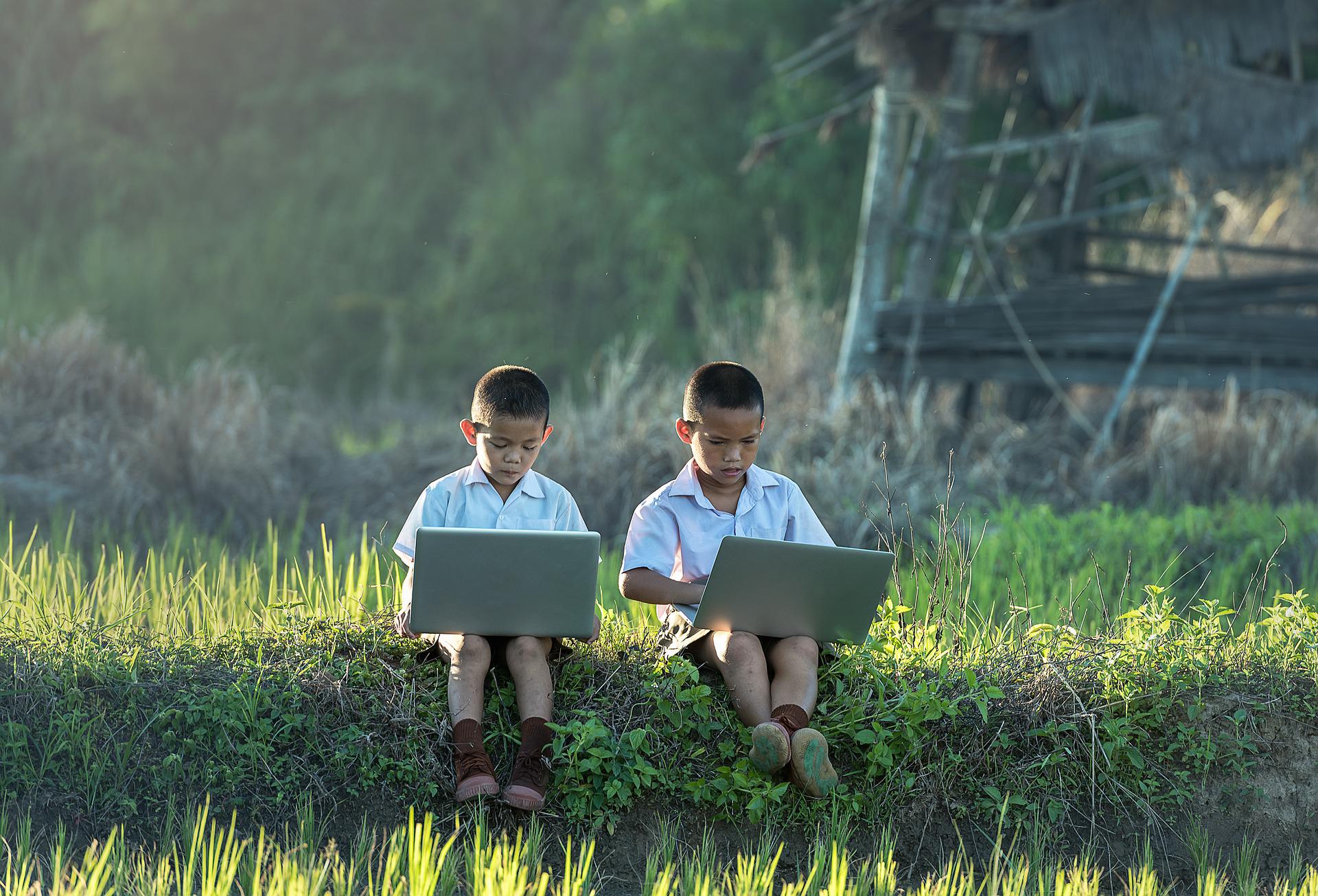 Before we close, let’s take a quick look at applicable social media platforms for kids. There are lots of good social media platforms which can be of help for kids in many ways. While traditional social media platforms may pose risks for young users, several kid-friendly alternatives exist. These platforms prioritize safety, privacy, and age-appropriate content, providing a more controlled environment for children to interact online. Here are some of the best social media platforms for kids:
Before we close, let’s take a quick look at applicable social media platforms for kids. There are lots of good social media platforms which can be of help for kids in many ways. While traditional social media platforms may pose risks for young users, several kid-friendly alternatives exist. These platforms prioritize safety, privacy, and age-appropriate content, providing a more controlled environment for children to interact online. Here are some of the best social media platforms for kids:1. PopJam (Ages 6-12)
Designed for children aged 6-12, PopJam focuses on creativity and self-expression. Users can share drawings, photos, and videos, participate in challenges, and follow their friends’ activities. All content is moderated, and parents can manage their child’s account through a dedicated app.2. GoBubble (Ages 6-13)
This app targets children aged 6-13 and aims to promote positive social interactions. Users can create and share avatars, send messages and drawings, and join clubs with shared interests. Parents can control their child’s contacts and monitor their activity through a parent dashboard.3. Zigazoo (Ages 5-12)
This platform caters to children aged 5-12 and focuses on educational and interactive experiences. Users can participate in creative challenges, answer trivia questions, and explore various educational topics. Zigazoo also offers a parent portal for monitoring activity and controlling online interactions.4. Messenger Kids (Ages 6-12)
Launched by Facebook, Messenger Kids allows children aged 6-12 to connect with approved friends and family members in a safe and secure environment. Parents can manage their child’s contacts, approve friends, and monitor their activity through a dedicated parent portal.5. Azoomee (Ages 6-12)
Designed for children aged 6-12, Azoomee offers a combination of educational games, videos, and creative tools. Users can learn new skills, explore different topics, and connect with friends in a safe online environment. Parents can manage their child’s playtime and limit access to specific features through a parent dashboard.Comparison of Kid-Friendly Platforms
| Platform | Age Range | Key Features | Parental Controls |
|---|---|---|---|
| PopJam | 6-12 | Creative expression | Full account management |
| GoBubble | 6-13 | Positive interactions | Contact approval |
| Zigazoo | 5-12 | Educational focus | Activity monitoring |
| Messenger Kids | 6-12 | Approved contacts only | Friend management |
| Azoomee | 6-12 | Games + learning | Time limits |
Conclusion
In general, kids need to learn how to use technology safely, so that they can still express themselves, stay connected with friends and catch up with the latest information. That’s why it’s important to have conversations with them about safe and appropriate use of social media. Research shows that children whose parents discuss online safety are 65% less likely to engage in risky behavior online (Journal of Adolescent Health). As with any form of communication, social media certainly comes with many risks. If your child is old enough to use it, you need to make sure they understand the best ways to use it safely. The key is finding the right balance between protection and independence as they grow. Additionally, it’s important you know that if you or someone you know has been a victim of online abuse of any sort, it will be a good compromise to speak out as soon as possible. The Cyberbullying Research Center found that only 40% of victims tell an adult about cyberbullying experiences. You can easily report such a post or comment on the platform itself by clicking the report button, or even take it much higher by informing the police, in more serious cases. Most platforms have dedicated safety centers with reporting tools:- Facebook Safety Center
- Instagram Help Center
- TikTok Safety Center
- Snapchat Safety Center
INTERESTING POSTS
- Google Fined for YouTube Child Privacy Violation
- Getting To Know The Person You’re Dating: A Guide For New Couples
- 20 Online Security Tips for Kids
- Cybersecurity Professionals Warn About Online Learning Threats For Students
- How To Spy On Your Kid’s Online Activity And Monitor It
- How To Secure Your Snapchat Account
- Full Review Of Qustodio Parental Control Software
- What is Data Recovery: Its Importance and Application?
- Cyber Security Risks And Solutions In 2022
- Best Black Friday Parental Control Deals
About the Author:
Meet Angela Daniel, an esteemed cybersecurity expert and the Associate Editor at SecureBlitz. With a profound understanding of the digital security landscape, Angela is dedicated to sharing her wealth of knowledge with readers. Her insightful articles delve into the intricacies of cybersecurity, offering a beacon of understanding in the ever-evolving realm of online safety.
Angela's expertise is grounded in a passion for staying at the forefront of emerging threats and protective measures. Her commitment to empowering individuals and organizations with the tools and insights to safeguard their digital presence is unwavering.


![Tips For Keeping Children Safe Online [Detailed Guide For Parents] Tips For Keeping Children Safe Online [Detailed Guide For Parents]](https://secureblitz.com/wp-content/uploads/2022/04/Tips-For-Keeping-Children-Safe-Online-Detailed-Guide-For-Parents.png)

